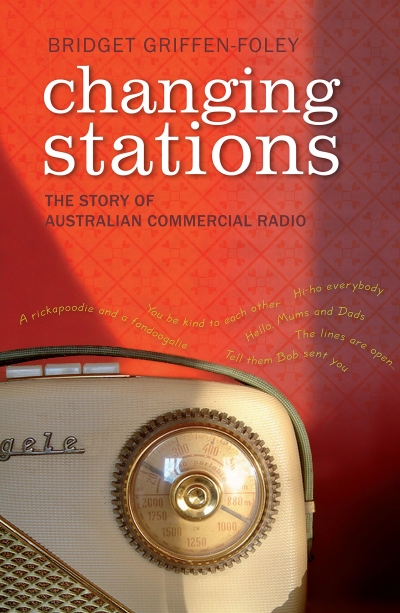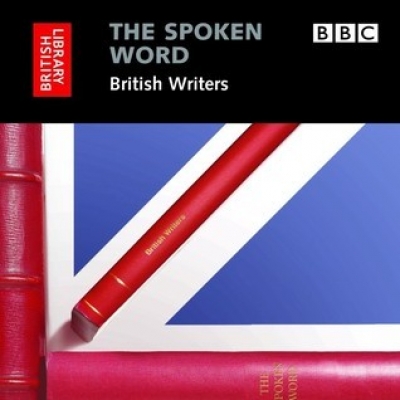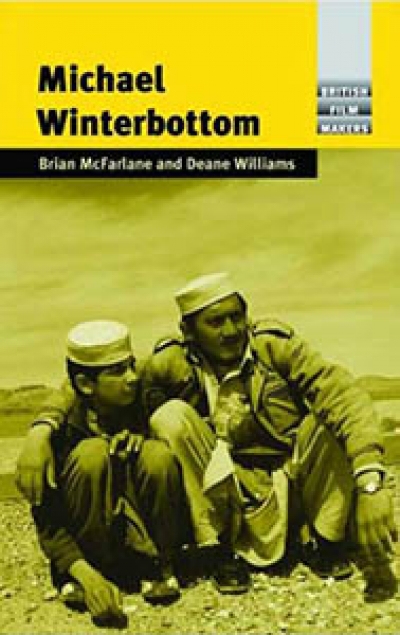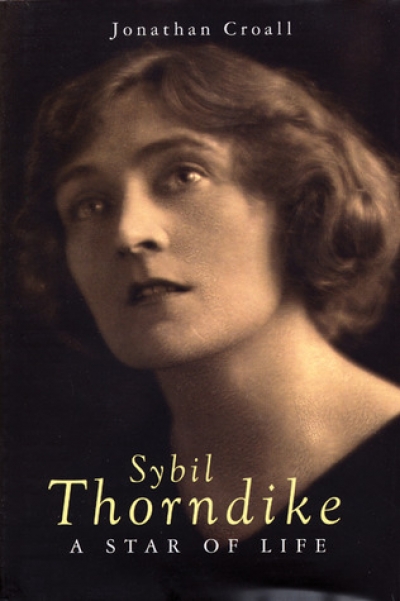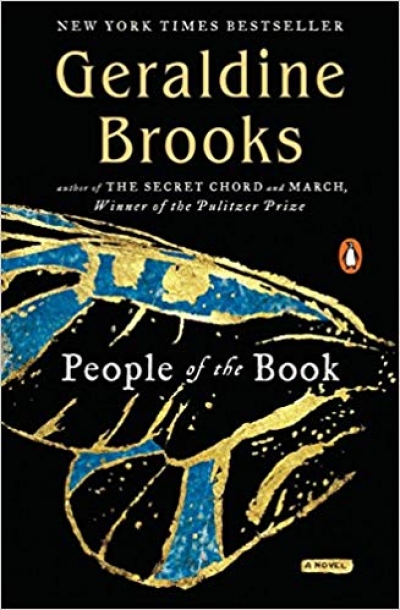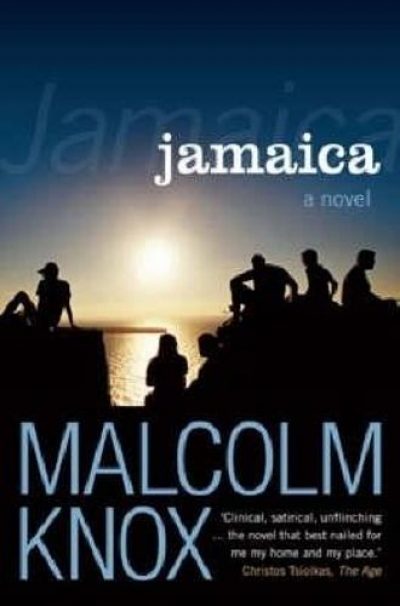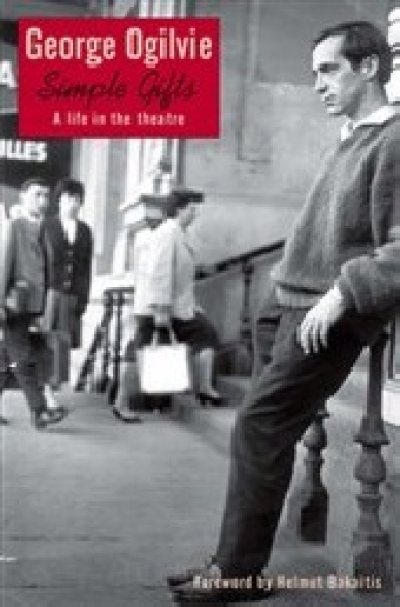Brian McFarlane
Whereas the miniseries, most often based on revered literary texts, has been a staple of British television for fifty years, I could count on the fingers of a dismembered hand its Australian counterparts. In fact, the miniseries in general, as distinct from serials that run for a longer or shorter ...
... (read more)Anyone who remembers Julie Taymor’s 1999 version of Titus Andronicus, Shakespeare’s first published play, will not be expecting a reverential treatment of what is reputedly his last, but Taymor’s new film does move more or less inexorably to the play’s final wisdom: ‘The rarer action is / In virtue than in vengeance.’ The Tempest is a d ...
Changing Stations: The story of Australian commercial radio by Bridget Griffen-Foley
‘It wasn’t like that in the book’ is one of the commonest and most irritating responses to film versions of famous novels. Adaptation of literature to film seems to be a topic of enduring interest at every level, from foyer gossip to the most learned exegesis. Sometimes, it must be said, the former is the more entertaining, but this is no place for such frivolity.
... (read more)

